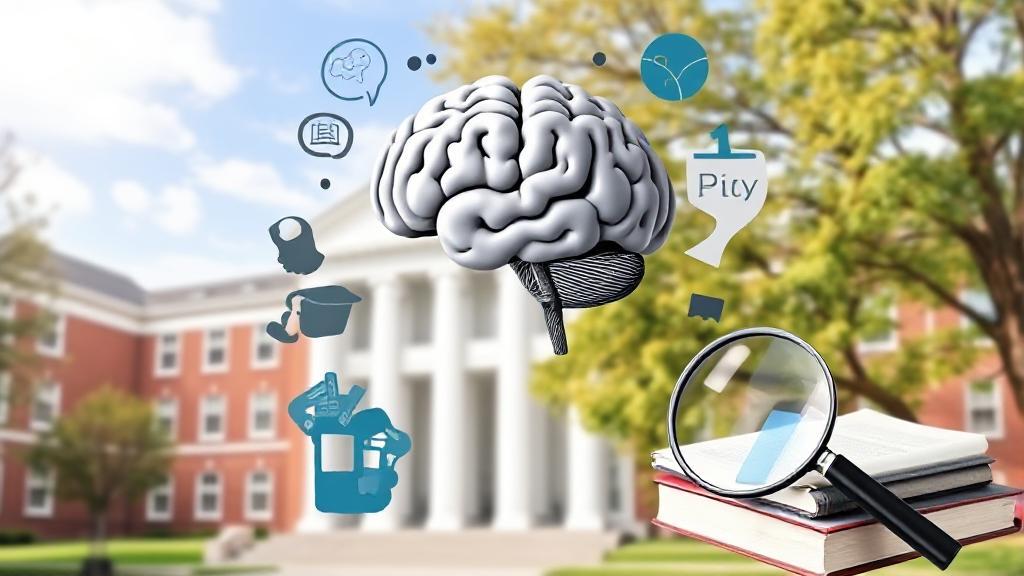Understanding the Academic Category of Psychology 🧠
Historical Evolution and Classification
Psychology has evolved significantly since its inception in the late 19th century, making its classification increasingly complex. Born from philosophy, it has developed into a multifaceted discipline that spans multiple academic domains.
Primary Classification: Social Sciences
Psychology is primarily classified under the social sciences, alongside:
- Sociology
- Anthropology
- Economics
- Political Science
This categorization reflects its focus on understanding human behavior, social interactions, and the influence of society on individuals. The American Psychological Association (APA) provides extensive resources and guidelines that align psychology with social sciences.
"Psychology is the science of mental life, both of its phenomena and their conditions." - William James
Scientific Foundation
Psychology employs rigorous scientific methods, including:
- Controlled experiments
- Statistical analysis
- Empirical observation
- Hypothesis testing
- Quantitative research methods
Cross-Disciplinary Nature
Psychology's unique position bridges multiple academic domains:
| Domain | Related Aspects |
|---|---|
| Natural Sciences | Neuroscience, biology |
| Social Sciences | Human behavior, social interaction |
| Humanities | Philosophy of mind, ethics |
| Health Sciences | Mental health, clinical practice |
Intersection with Natural Sciences
The field shares significant overlap with natural sciences, particularly in:
- Neuroscience: Studying the brain's structure and function
- Biopsychology: Exploring biological processes' influence on behavior
- Cognitive Psychology: Investigating mental processes
The National Institute of Mental Health (NIMH) often funds research bridging psychology and natural sciences.
Humanities Connection
Psychology also connects to the humanities through:
- Qualitative research methods
- Philosophical inquiry
- Cultural studies
- Interpretative analysis
These areas often draw on philosophical and ethical considerations, as documented in the Stanford Encyclopedia of Philosophy.
Educational Pathways
Universities may house psychology in different departments:
Common Degree Programs
- Bachelor of Arts (BA) in Psychology: Broader liberal arts education
- Bachelor of Science (BS) in Psychology: Emphasis on scientific research
- Master's and Doctoral Programs: Various specializations
Practical Applications
The field's diverse nature reflects in its professional applications:
Scientific Research
Clinical Practice
- Therapy
- Counseling
- Assessment
Modern Perspective
Contemporary academia recognizes that rigid categorization may be limiting. Psychology's strength lies in its ability to integrate multiple approaches and methodologies, making it truly interdisciplinary. While officially categorized as a social science, its methods and applications span multiple academic categories, making it one of the most versatile fields in modern academia.
For those interested in exploring psychology further, consider visiting resources like the American Psychological Association, National Institute of Mental Health, or Psychology Today.
